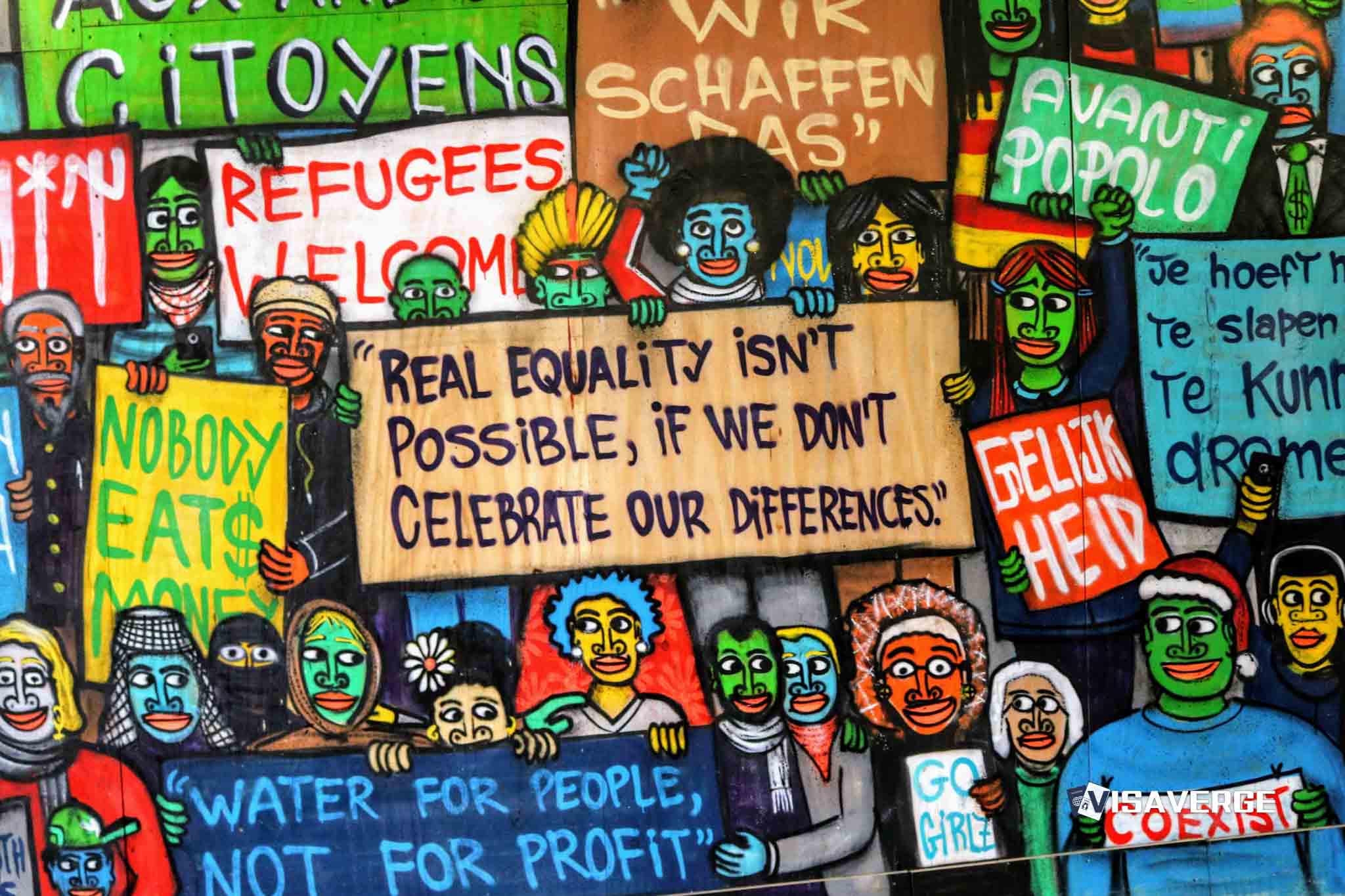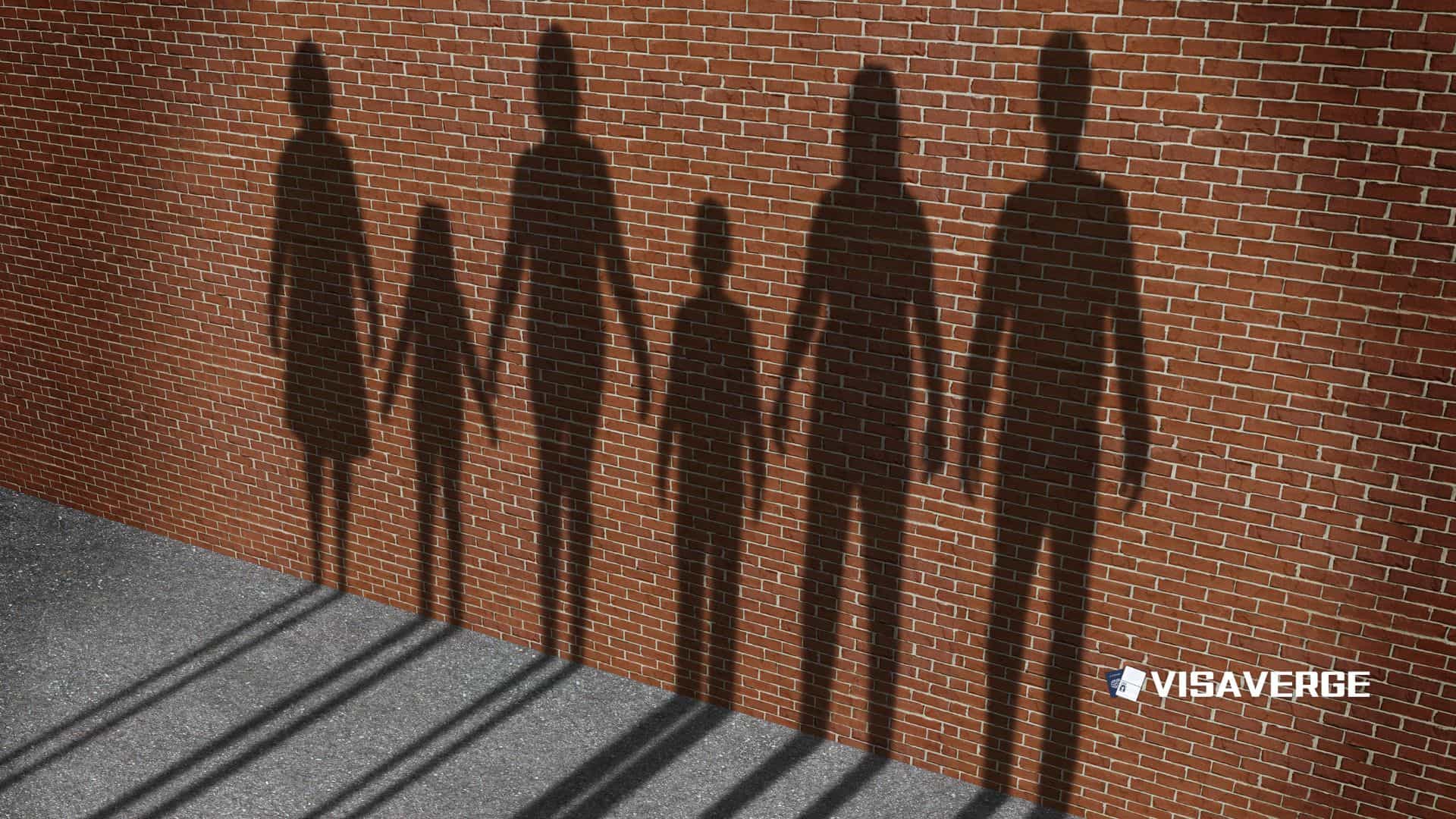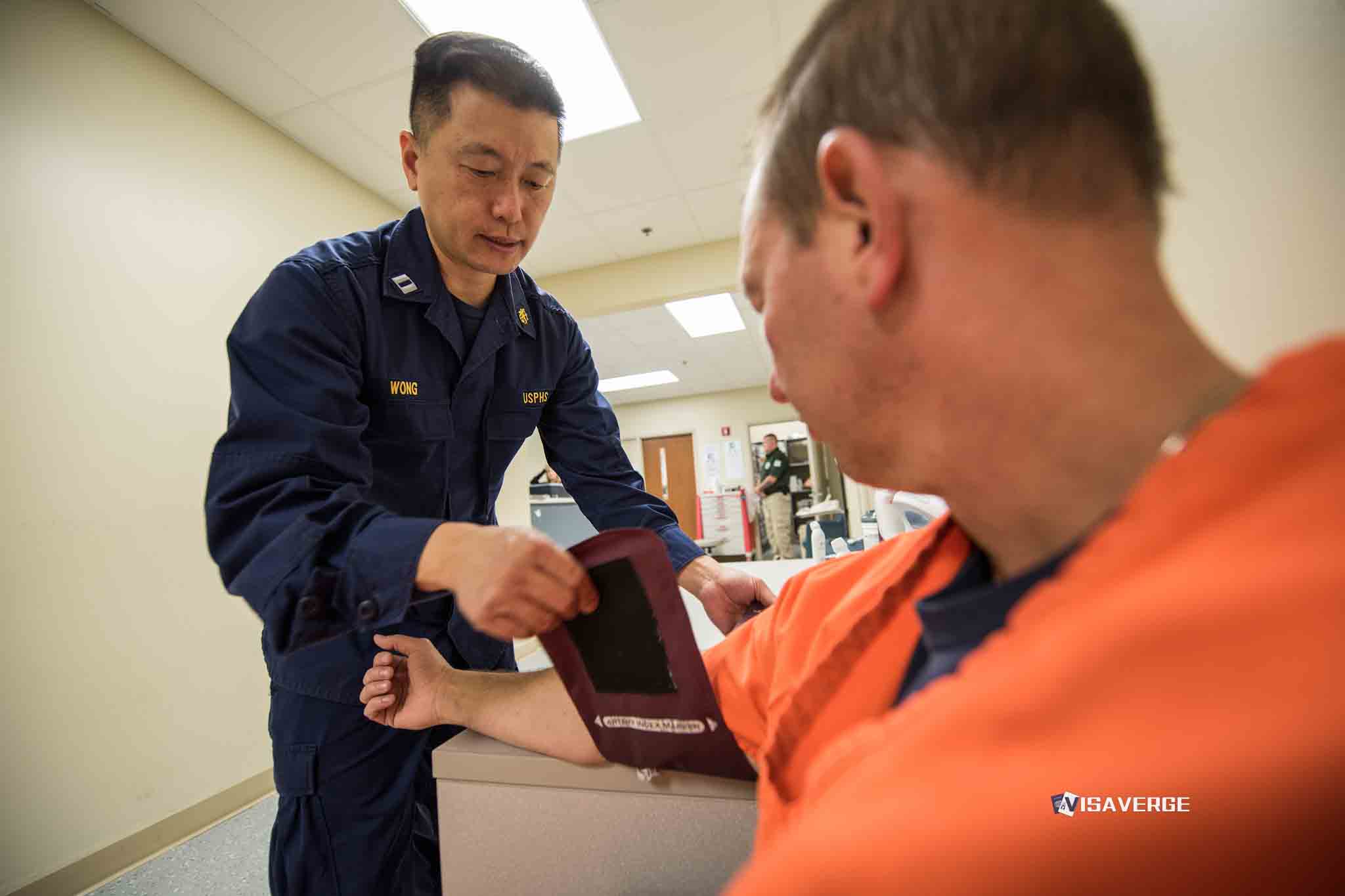First, list of detected resources in order of appearance:
1. ICE check-in guidance
2. Iowa City Foreign Relations Council events calendar
3. St. Paul’s United Methodist Church
4. Escucha Mi Voz
5. Iowa City Catholic Worker
Now I will add up to five .gov links, linking only the first mention of each resource in the article body text and leaving all other content unchanged.

(IOWA CITY, IOWA, UNITED STATES) An online rumor about a church-led immigration forum this weekend in Iowa City is not supported by current public records. As of October 10, 2025, there is no verified public invitation for a weekend immigration forum hosted by a specific Iowa City church.
Recent local activity on immigration has leaned toward civic forums and accompaniment actions rather than new, church-sponsored weekend town halls. The most prominent event this month was organized by the Iowa City Foreign Relations Council, which hosted a program titled “Is the USA a Nation of Immigrants or a Deportation Nation?” on Friday, October 3, 2025, at the Iowa City Public Library, with streaming available for remote viewers. That forum addressed national and local policy questions, but it was not a church event.
In nearby Cedar Rapids, church leaders continue to support immigrant families who must appear for check-ins with federal authorities. St. Paul’s United Methodist Church has been visible in that space, with Pastor Jonathan Heifner addressing gatherings that encourage community “protective accompaniment” for people facing immigration enforcement.
These public actions, often organized with groups such as Escucha Mi Voz and Iowa City Catholic Worker, draw clergy and neighbors who stand with individuals at sensitive moments like ICE appointments. Their work reflects a steady pattern across eastern Iowa: churches lending moral support in public spaces, while advocacy groups coordinate logistics.
Recent community developments
The discussion in Iowa City about whether the United States leans more toward welcoming newcomers or toward enforcement took center stage at the October 3 forum. The Iowa City Foreign Relations Council framed the debate through the question, “Is the USA a Nation of Immigrants or a Deportation Nation?”—a phrase that resonates in a state where mixed-status families, international students, and employers watch policy shifts closely.
While the program did not produce policy changes, it added context for residents sorting through federal enforcement trends and local service needs.
At the same time, the Cedar Rapids faith community’s public presence at ICE check-ins shows how local action often takes shape: not through large weekend conferences, but by standing beside people during the most stressful parts of their immigration journey. Organizers describe these appearances as “protective accompaniments,” meant to:
- Reduce fear
- Ensure witnesses are present
- Connect people to legal help
That approach fits regional patterns since 2018, when accompaniment networks grew around court hearings and removal proceedings.
Given that mix of activity, the absence of a confirmed church-led weekend forum in Iowa City this week is notable but not unusual. Community energy is flowing into issue-focused panels on weekdays and into direct support for individuals during the workweek. According to analysis by VisaVerge.com, this rhythm is common in mid-sized metros where legal aid capacity is stretched and local groups try to meet urgent needs while keeping public conversation active.
How residents can verify events and get help
People hoping to attend an immigration forum—whether for policy education or practical guidance—should take simple steps to confirm details:
- Check church bulletins and social media for St. Paul’s United Methodist Church and Iowa City Catholic Worker. Event posts there are typically updated midweek, with clear dates, times, and locations.
- Review the Iowa City Foreign Relations Council events calendar for new programs that build on the October 3 discussion.
- Call the host venue directly—libraries, churches, or community centers often confirm room reservations by phone.
For those facing immediate immigration appointments, the federal government provides basic information on check-in requirements and procedures. See the official ICE check-in guidance for instructions on reporting, documentation, and contact tools.
Practical tips for accompanying families:
- Arrive early with identification and any relevant appointment notices.
- Bring copies of important paperwork and keep originals safe.
- If questions arise at the site, ask for clarification calmly and request a list of local legal aid resources.
Local advocates emphasize that accompaniment is not a substitute for legal advice. It’s a show of community care at a moment when families feel exposed. People who receive new notices or have questions about status should seek qualified counsel.
Who this matters to
The policy conversation also matters for:
- Employers: watch federal actions that affect I-9 reverification and E-Verify timelines.
- Schools: school counselors working with newcomer students track local support networks and translation services.
- City agencies: monitor how enforcement patterns affect public health visits and housing stability.
The Iowa City Foreign Relations Council’s recent forum helps these stakeholders share a common frame for the national debate and ask sharper questions about local impact.
For faith leaders at St. Paul’s United Methodist Church and similar congregations, the focus remains practical: show up, connect families to help, and keep attention on due process. Clergy stress that public witness can reduce isolation and encourage trust, especially when families worry about transportation, interpretation, or childcare during appointments. That message lands in Iowa’s immigrant households, where long drives, time off work, and fear of the unknown make every check-in a heavy lift.
How neighbors can help
Residents who want to support immigrant neighbors can start small:
- Offer rides to appointments
- Help collect documents
- Donate to legal aid nonprofits
- Attend public forums to learn about how federal rules affect daily life
Even in weeks without weekend church conferences, the work continues—quietly, steadily, case by case.
Officials emphasize: follow instructions on official notices and keep copies of all paperwork. If an appointment changes, call the listed office to confirm new details. When in doubt, rely on official guidance and reputable local partners.
In eastern Iowa, that usually means a web of faith groups, immigrant-led organizations, and legal service providers that coordinate without much fanfare. No single forum, whether at a library or a church, decides the direction of immigration policy. But forums help communities ask better questions, and accompaniment helps families move through the system with dignity.
This week, the spotlight remains on the Iowa City Foreign Relations Council’s October 3 discussion and on the consistent presence of St. Paul’s United Methodist Church and allied groups at ICE check-ins. If a new weekend forum is announced, expect it to be posted by hosts and shared widely across community channels.
Until then, residents can keep an eye on event calendars, show up for weekday panels, and continue the steady work of supporting immigrant neighbors—one appointment, one ride, one conversation at a time.
This Article in a Nutshell
As of October 10, 2025, there is no verified public invitation for a church-hosted weekend immigration forum in Iowa City. Recent local engagement has centered on weekday forums and accompaniment actions. The Iowa City Foreign Relations Council presented a public program titled “Is the USA a Nation of Immigrants or a Deportation Nation?” on October 3, 2025, at the Iowa City Public Library. Meanwhile, faith communities in nearby Cedar Rapids, notably St. Paul’s United Methodist Church, along with groups like Escucha Mi Voz and the Iowa City Catholic Worker, continue to provide protective accompaniment at ICE check-ins. Residents are advised to confirm events via host calendars, church bulletins, or direct venue contacts and to consult official ICE guidance for check-in procedures.








